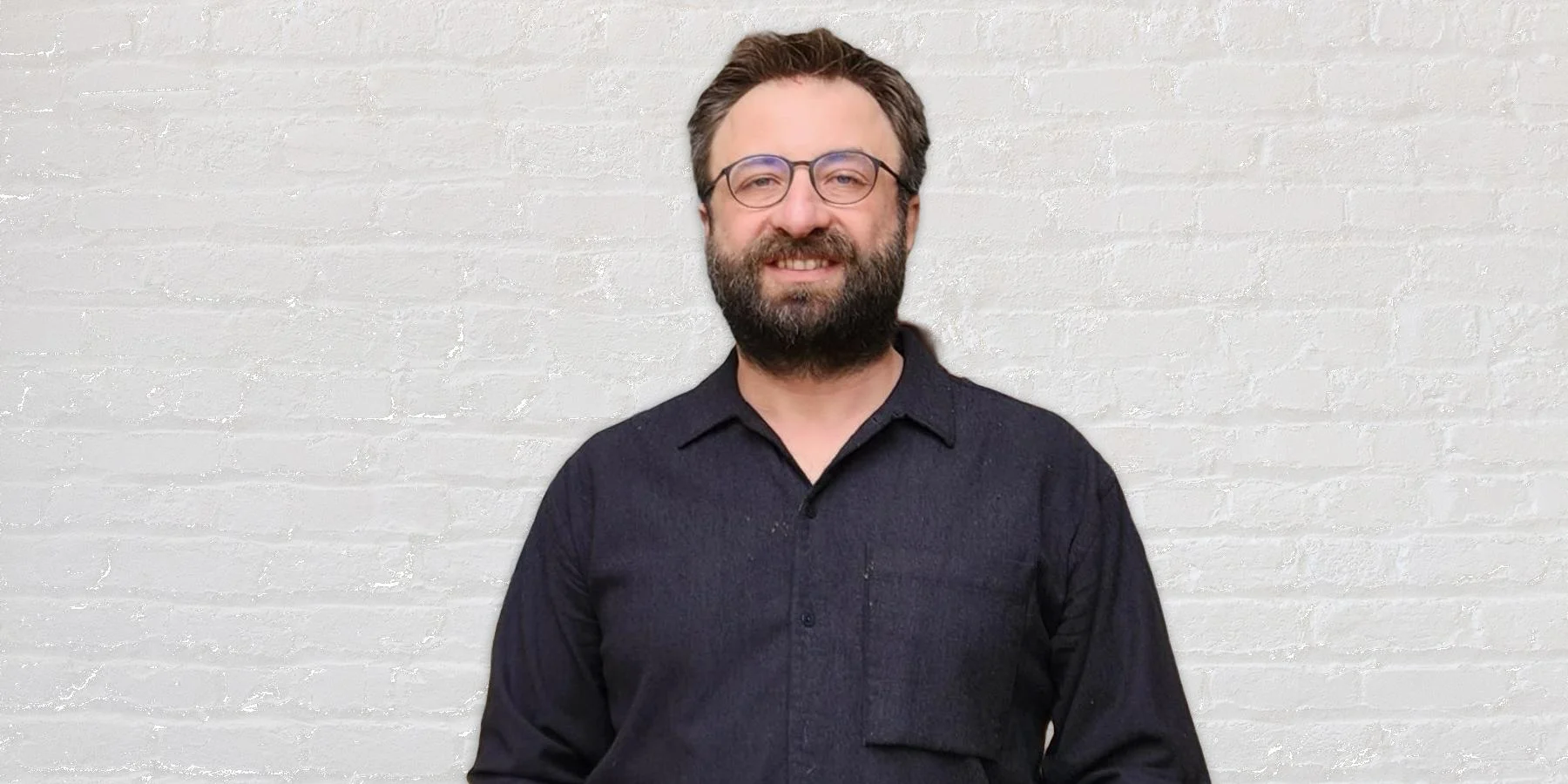Haltia.AI Pioneers Research into Real-time Knowledge Capture with Large Language Models
February 2, 2024

Dubai, UAE, February 2nd 2024 – In a significant advancement for AI technology, Haltia.AI, a dynamic AI startup based in the UAE, has published a pioneering research paper titled “Prompt-Time Symbolic Knowledge Capture with Large Language Models” on arXiv.org. This achievement distinguishes Haltia.AI as the only fully private entity in the UAE to advance the field of AI through published research, an endeavor typically reserved for larger, more established corporations. In this latest research endeavor, Haltia.AI’s team sought to push the boundaries of Large Language Models (LLMs), vital tools in transforming human-machine interactions. Despite their proficiency in conversation, LLMs have shown limitations in learning from user-provided data. This study addresses the LLMs’ challenge in assimilating knowledge beyond their training, particularly in capturing aspects of users’ personal lives and interactions.
To address this, the team, led by Dr. Tolga Çöplü and comprising Arto Bendiken, Andrii Skomorokhov, Eduard Bateiko, Stephen Cobb, and Joshua J. Bouw, developed three fundamental methods to enhance LLMs’ ability to capture symbolic knowledge from user inputs. This approach aims to pave the way for more sophisticated, adaptive, and personalized AI applications, driving AI systems that can engage in dialogue and learn in a manner more congruent with human interactions.
The research introduces innovative methods for equipping LLMs with the ability to directly capture knowledge from user prompts. It thoroughly explores zero-shot prompting, few-shot prompting, and fine-tuning methodologies, assessing their efficacy in knowledge assimilation, a feature previously lacking in LLM applications.
The paper delves into the generation of prompt-to-triple (P2T) knowledge structures, examining methods to extract and structure user-provided information. This advancement promises to create more adaptive, personalized user experiences and significantly contributes to the AI and machine learning fields. The team’s focus onknowledge graphs is crucial due to their clear structures and capacity for factual reasoning.
Reflecting on the research’s impact, lead author Dr. Çöplü stated, “Our research marks a new chapter in AI’s interaction and learning capabilities. By concentrating on prompt-driven symbolic knowledge capture, we are setting the stage for AIs that are not only conversational but also truly understand and learn from human input. This publication exemplifies our dedication to pioneering AI research and underscores our unique position as an innovator in the UAE’s tech ecosystem.”
This publication represents a significant stride for Haltia.AI in advancing AI technology. It showcases the startup’s capacity to contribute valuable insights to AI research, rivaling global tech giants, and sets the stage for future innovations in personal AIs and other real-world AI applications.
The full research paper is accessible on arXiv.org, with the accompanying code and datasets available on GitHub. This open-source approach highlights Haltia.AI’s commitment to collaborative innovation and the democratization of AI research.